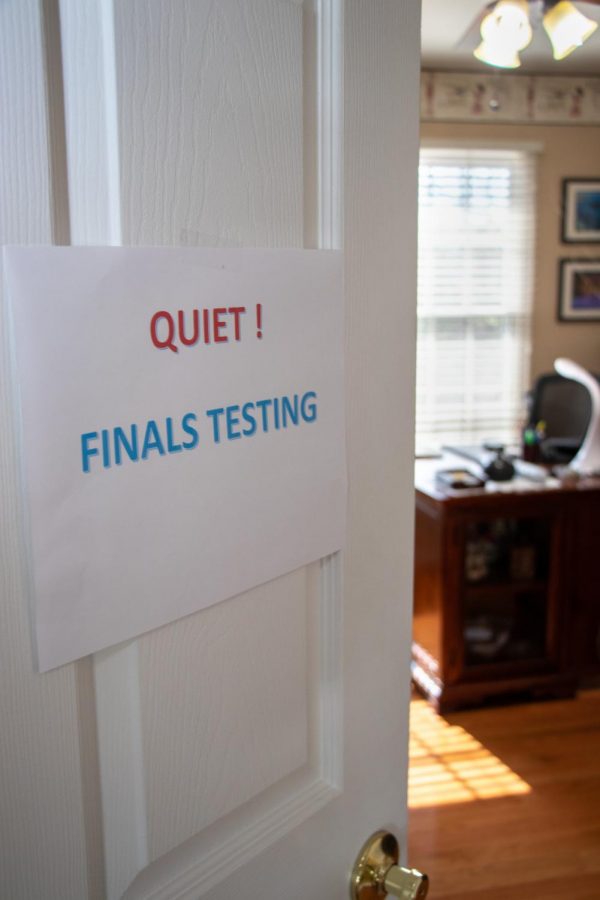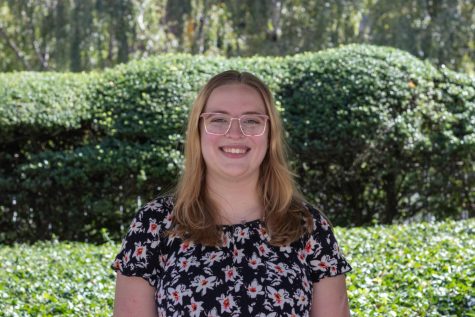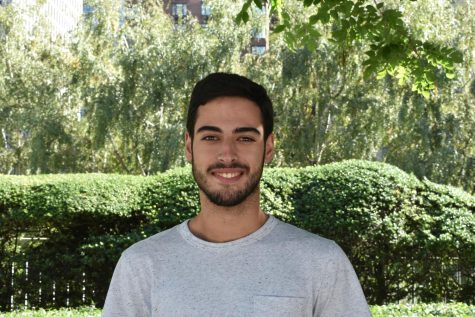Foreign Language Classes to Hold Formal Exams
The university encourages professors to get creative with ways to effectively test students in language classes while they take finals at home unmonitored.
April 28, 2020
After classes were moved online for the remainder of the spring 2020 semester, Fordham told professors to get creative with how they will conduct their final exams. Although many professors are opting to administer nontraditional final exams, the majority of foreign language core courses are continuing to require a traditional final exam.
On April 8, the modern languages and literature department met to discuss how finals would be held. According to Chair of modern languages and literatures Andrew Clark, the decision to move forward with formal exams came from a need for consistency between classes, since foreign language is a core requirement.
“There was no top-down type of initial dictation in terms of what faculty had to do,” Clark said. “The general desire is that within each language that there is some consistency and transparency.”
One of the problems that the department faced was deciding how to effectively monitor students during the exam. The worry came from the fact that in languages such as French and Spanish, a student can easily use Google Translate during the exam.
“We’ve seen that students have drastically moved to translators and other types of things to do their work,” Clark said.
In order to avoid cheating, the department has decided to focus on context-based questions and also have questions in different orders. Clark explained that monitoring the exams did not seem feasible to the department. In addition, Fordham chose not to purchase monitoring software due to the cost.
The majority of foreign language final exams will be held on May 4 on Blackboard, the day they were originally scheduled. Students will be given 24 hours to take the exam but will have to complete the exam in one sitting. Also, many classes have made final exams have less weight, putting more emphasis on the oral component.
“In general, in transitioning to online teaching, we have had to reassess what is the essential material that we will need to cover and that is possible to cover online,” Spanish professor Arnaldo Cruz-Malvale said. “Keeping in mind the limits of supervising or proctoring online exams and students’ added stress, many courses have decided to replace final exams with compositions or take-home exams. Others have combined presentations with compositions. And yet others have given shorter Blackboard exams.”
Jaaee Nadkarni, Fordham College at Lincoln Center (FCLC) ’22, is currently in Latin 1002, which will have a traditional final on a different date. Nadkarni said that she prefers formal finals over papers. However, she worries about students with fewer resources.
“I’m really fortunate in which I’m in a good situation for people in quarantine,” Nadkarni said. “I just hope that people with different situations aren’t being overlooked in this.”
Clark stated that if there is a viable reason for a student to miss an exam, then there will most likely be a makeup period.
Aside from the desire for consistency within the languages, the formal exams are also believed by Clark to provide a better assessment of students’ skills. He explained that it is more difficult to judge a student’s weakness based on a take-home exam due to the different types of questions that are asked.
“There have been questions whether one should give exams at all,” Clark said. “But I think there was consensus that a sit-down type of exam will still be worthwhile and useful in terms of assessing the level of the students.”
Joseph Vasco, FCLC ’21, is in a Spanish 1502 class. He explained that he feels nervous about his ability to effectively prepare for the exam, and would have preferred a take-home exam or essay.
“The sudden transition from an in-class learning environment to an online learning environment impeded on my ability to fully grasp and absorb the material the same way,” Vasco said. “The COVID-19 pandemic has increased tensions within my family to stay healthy, so that has also negatively impacted my ability to prepare for a final exam.”











